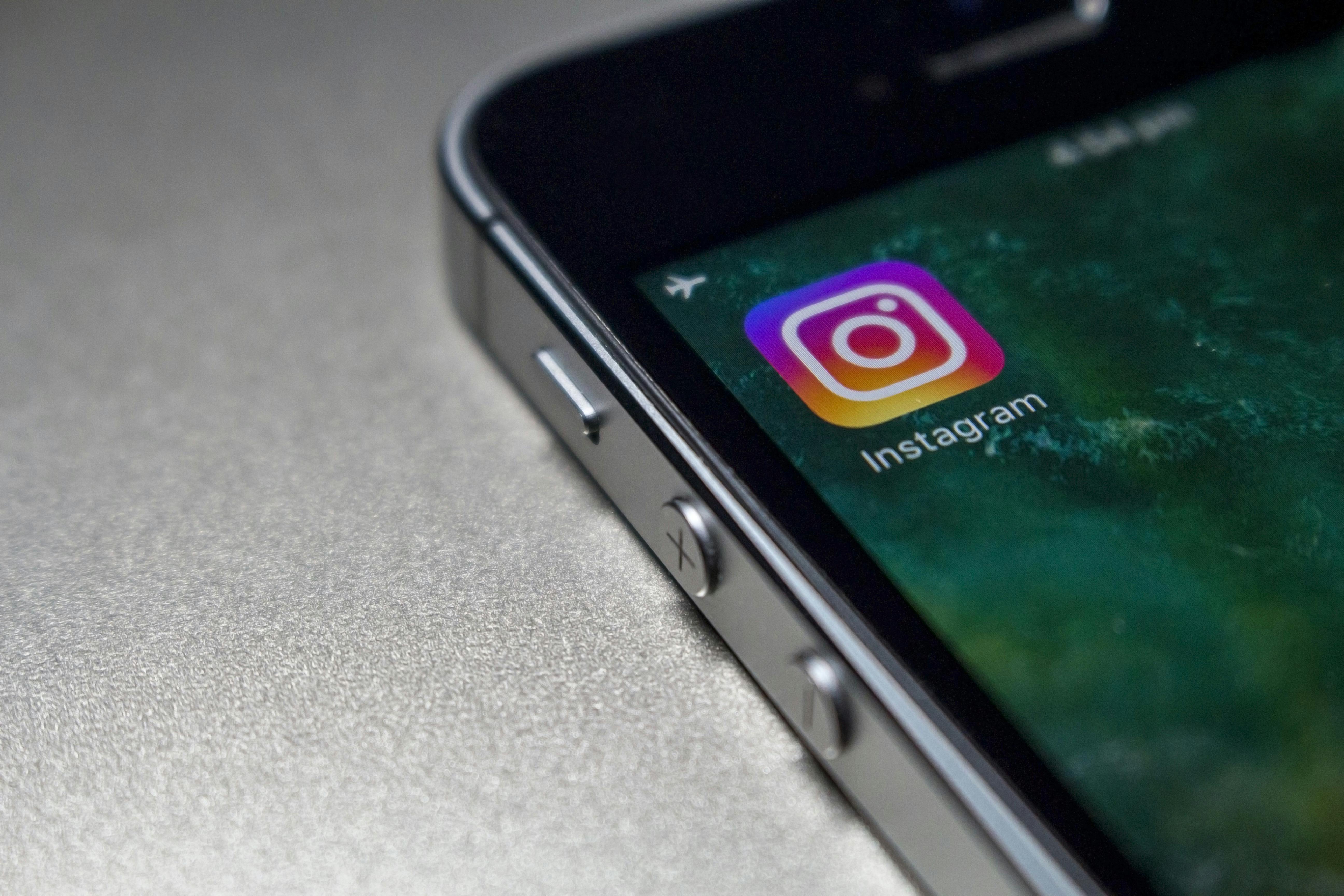
Facing complaints across its apps, Meta announced an update in its AI-labeling system, with the ‘Made with AI’ tag being replaced by ‘AI Info’ to address confusion among users whose real-life photos were mislabeled as AI-generated.
In a blog post on Monday, Meta admitted that its labels “weren’t always aligned with people’s expectations and didn’t always provide enough context,” prompting it to make the change to avoid further confusion among customers.
Troubles with AI Tags
Meta, which operates social media giants Facebook and Instagram, began its initiative to automatically detect and label AI content in February 2024, requesting its app users to proactively disclose when their photos are made with AI. The company has also relied on metadata tagging technology like C2PA, which self-labels AI-generated and AI-altered media to help distinguish them from original content.
However, the problem struck when images refined in editing tools that incorporate AI technology were incorrectly tagged as completely ‘Made with AI.’
One such instance was experienced by former White House photographer Pete Souza, whose 40-year-old photo of a basketball match received the tag after he used Adobe Photoshop’s cropping and flattening tools before uploading.
Another concern is that AI metadata on editing software can be removed as easily as it can be added, especially when users can screenshot the edited image or simply re-export the media using other programs to erase the metadata.
New Label
Considering these issues, Meta is revamping its approach to AI labeling, replacing ‘Made with AI’ tags with ‘AI info’ to account for the possibility that the content may only be modified and not completely generated by artificial intelligence.
According to Meta’s spokesperson Kate McLaughlin, the new ‘AI info’ label will provide clearer context and a more detailed explanation of the use of AI in tagged images, which may develop transparency and prevent the potential spread of fake news.
She added that the tag could cover content entirely produced using AI or manipulated with tools like Generative Fill and other similar AI tech, empowering users to assess the media they consume online.
The new label is expected to be available first on mobile apps before appearing in browsers, as Meta looks forward to releasing the update across all its platforms.
More Challenges Brewing
The company also recognized that its present policy on manipulated media remains limited and outdated, as the Oversight Board pointed out.
Meta initially developed its policy in 2020 to raise awareness about AI-altered videos that went viral on various social media. These videos featured a person or a celebrity who appeared to say something they did not say in reality.
In 2024, AI has advanced at full speed and created other forms of manipulated media, like realistic AI-generated audio and photos, which are not covered by the company’s existing approach.
In response, as advised by the Oversight Board, Meta has vowed to expand its approach to include a wider scope of manipulated media formats and provide better context through labeling to encompass deceptive content showing a person doing an action they did not commit.



















